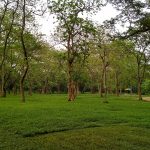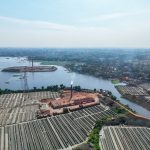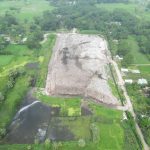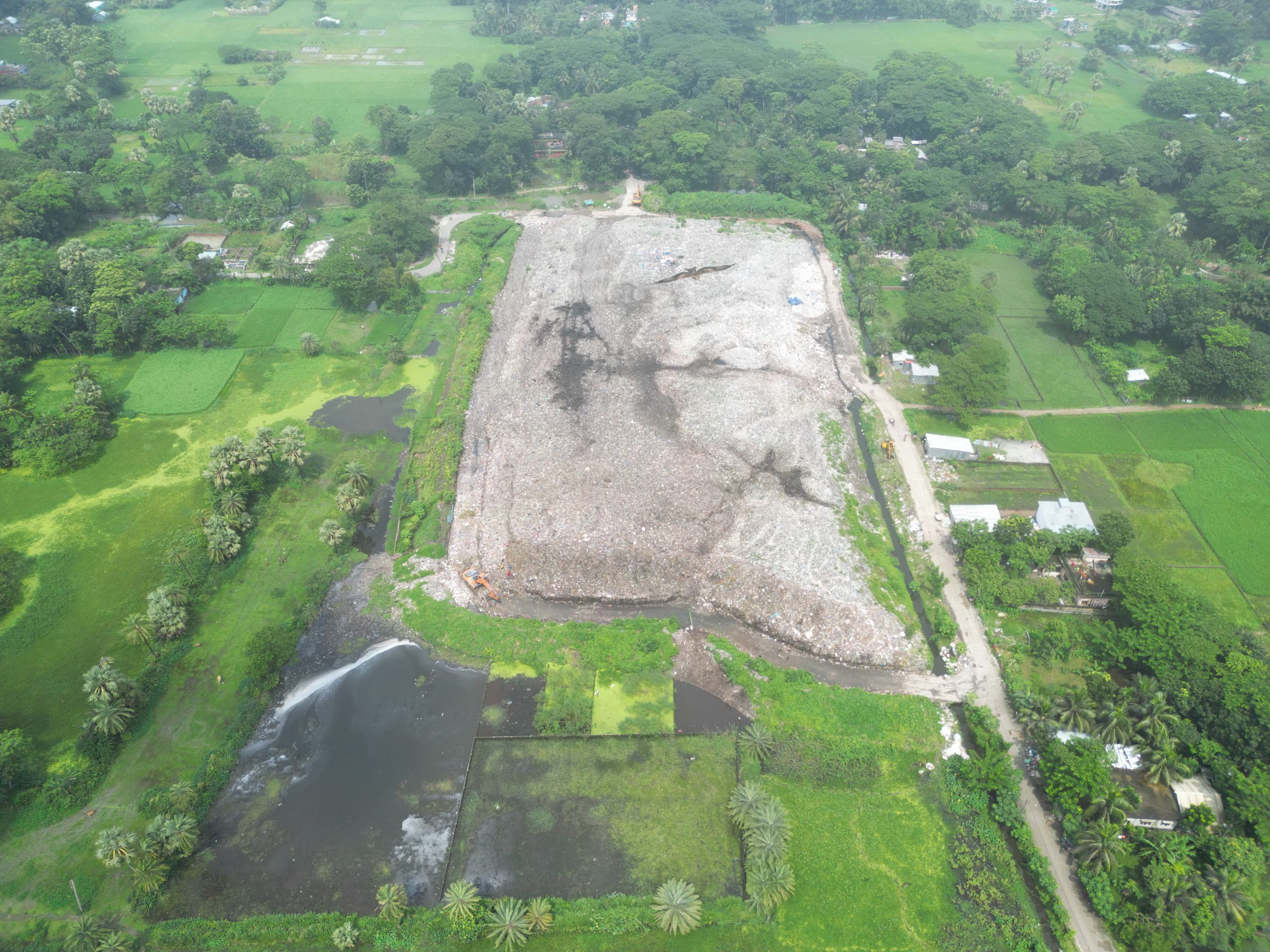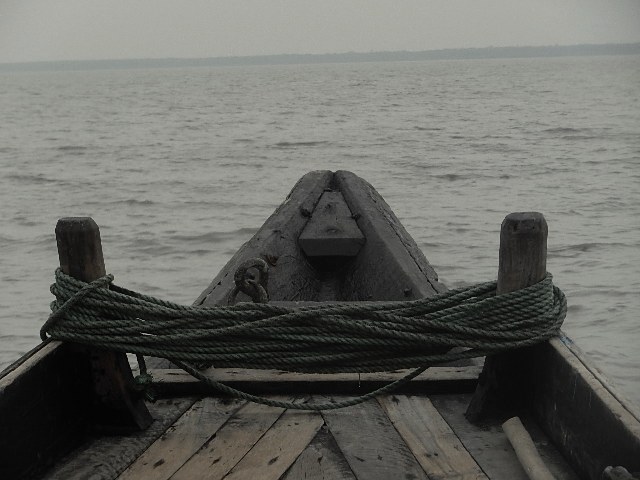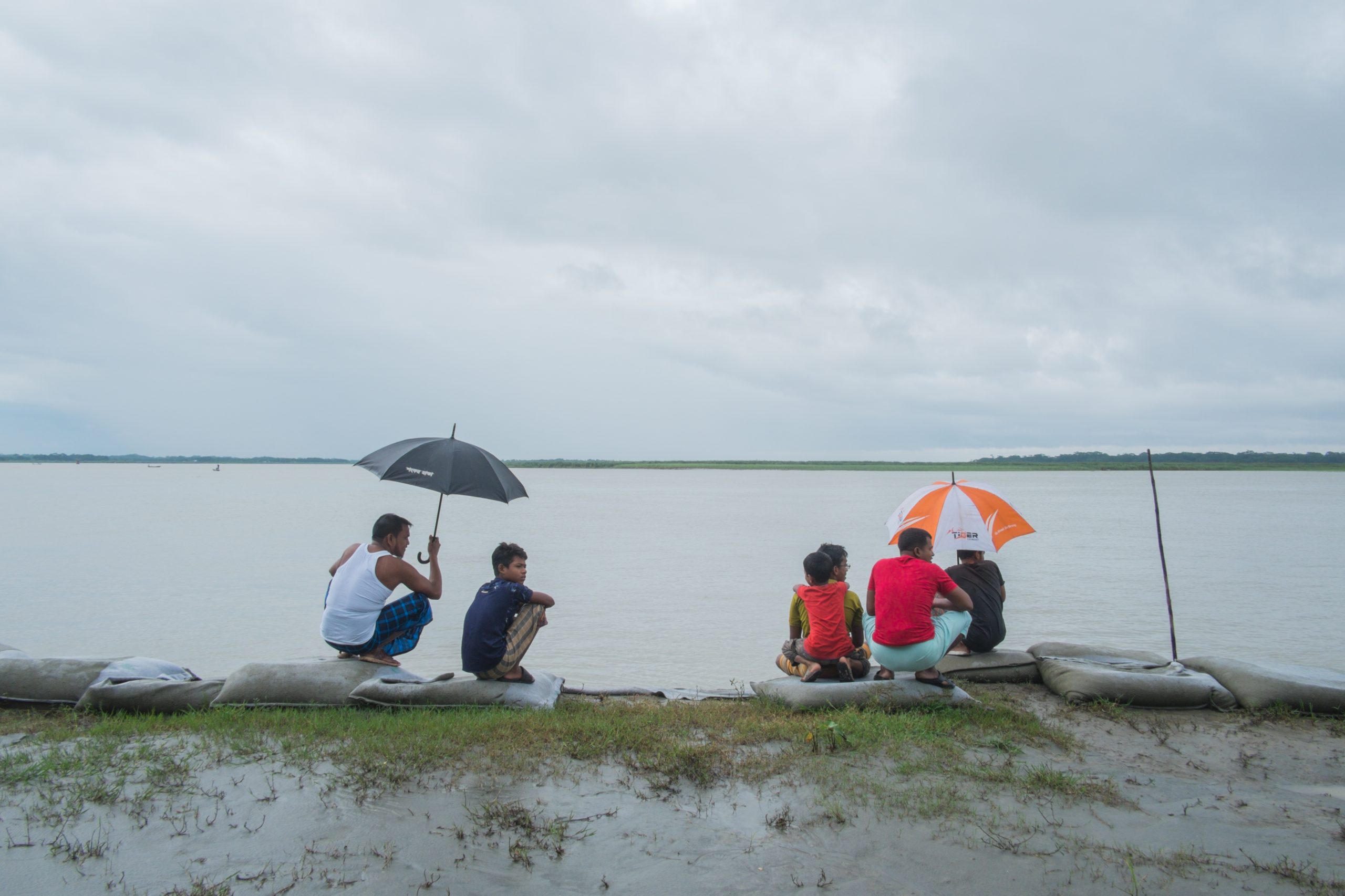Photography and Reporting by Nahid Hasan
Dhaka, March 30 – In the heart of Bangladesh’s bustling capital, where waste piles up on street corners and plastic clogs its rivers, a silent revolution is taking shape. From waste pickers to eco-conscious entrepreneurs, ordinary people are driving the nation’s transition towards a zero-waste future.
The People on the Frontlines
Nasima Begum, 38, wakes up before dawn, her hands already sorting through piles of discarded plastic and paper. As a waste picker in Dhaka’s Matuail landfill, she has spent years collecting and selling recyclables, supporting her three children. But lately, her work has taken on new meaning.
“Before, people just threw everything away. Now, I see more people separating waste. It makes my work easier, and I earn more,” Nasima says with a smile. With growing awareness, initiatives like waste segregation at the household level are slowly empowering people like her.
Community-Led Solutions
Beyond the landfills, grassroots movements are reshaping the country’s waste narrative. In Chattogram, a youth-driven initiative called ‘Swapno’ is turning household organic waste into compost. “If every family composts their food scraps, we can reduce massive amounts of waste from ending up in landfills,” says founder Arifur Rahman.
Meanwhile, in Sylhet, local shopkeepers are embracing a plastic-free model. Cloth bags and biodegradable packaging are making a comeback, replacing the widespread use of single-use plastic. “Customers are responding positively,” says grocer Abul Kalam. “If we offer alternatives, people are willing to change.”
The Government’s Role
Bangladesh, the first country in the world to ban plastic bags in 2002, has taken further steps in recent years. Policies encouraging extended producer responsibility (EPR) are pushing corporations to take ownership of their plastic waste. However, enforcement remains a challenge.
Dr. Runa Khan, an environmental policy expert, believes government and private sector collaboration is key. “We need to invest in a circular economy, where waste is treated as a resource. Incentives for businesses that promote zero waste practices can drive significant change.”
The Road Ahead
For Bangladesh, the journey to zero waste is far from over, but the movement is gaining momentum. The country’s rivers, once choked with plastic, are seeing community-led cleanups. Cities are experimenting with sustainable waste management systems. And at the heart of it all, people like Nasima, Arifur, and Abul Kalam are proving that real change begins with individuals.
As Bangladesh grapples with the growing waste crisis, one thing is clear: solutions lie not just in policies and programs but in the hands of its people.



